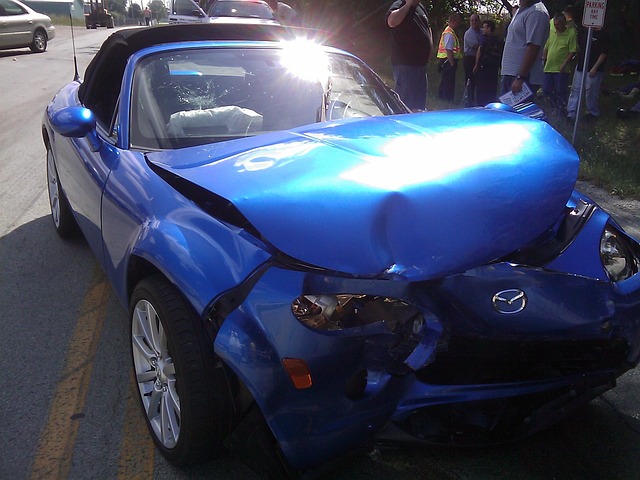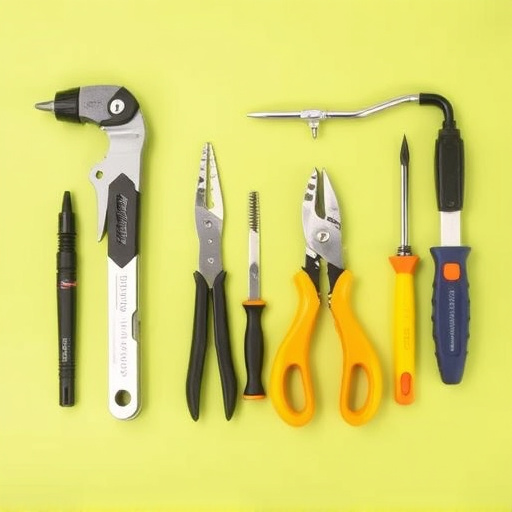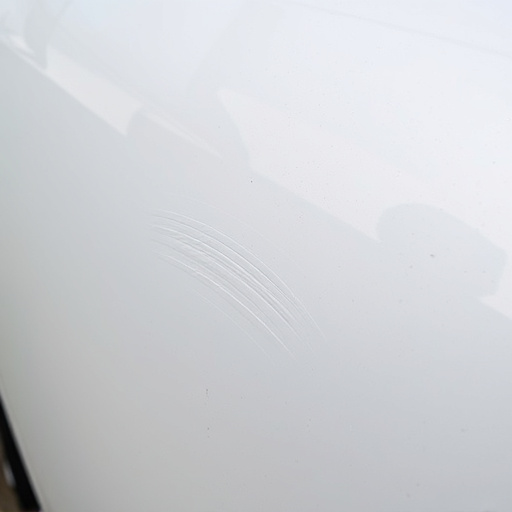Diminished value claims protect vehicle owners from reduced resale value after accidents, offering financial relief but requiring complex calculations and expert appraisals. Fleet owners and businesses must balance advantages against potential drawbacks, as these claims influence operational costs. Strategies for fair and efficient processing include detailed documentation, thorough repair reports, and using reputable auto body shops for precise appraisals.
Is pursuing a diminished value claim still a worthwhile endeavor? In today’s automotive landscape, these claims have sparked debate. This article demystifies diminished value claims, offering insights into their fundamentals and exploring the pros and cons of pursuing them. We’ll guide you through effective handling strategies, empowering you to make informed decisions in the event of vehicle damage. Maximize your compensation by understanding the nuances of diminished value claims.
- Understanding Diminished Value Claims: The Basics
- Pros and Cons of Pursuing These Claims
- Strategies for Effective Diminished Value Claims Handling
Understanding Diminished Value Claims: The Basics

Diminished value claims are a type of insurance coverage designed to compensate vehicle owners for the loss in resale value their car experiences after an accident or damage. This concept is based on the idea that a vehicle’s perceived worth can be negatively impacted by visible repairs, even if the actual structural integrity remains intact. In simple terms, it recognizes that beyond physical repairs like auto body repairs or collision damage repair, there’s often an unseen factor that affects a car’s market value—its history of being in an accident.
These claims are particularly relevant for fleet owners and businesses providing transport services as they can significantly impact operational costs. When a vehicle in a fleet sustains damage, requiring extensive repairs, it could lead to reduced resale value, especially if the make and model are common. This loss of value might not be covered by traditional collision insurance policies, which primarily focus on restoring the vehicle to its pre-accident condition through repairs like fleet repair services. Thus, understanding diminished value claims is crucial for ensuring comprehensive protection for your assets.
Pros and Cons of Pursuing These Claims

When considering whether to pursue a diminished value claim, it’s crucial to weigh both the potential benefits and drawbacks. On one hand, these claims can offer significant financial compensation for vehicle owners who have experienced less-than-ideal situations, such as accidents or natural disasters. In cases where a vehicle requires extensive collision repair shop or automotive restoration, the difference in value before and after the incident can be substantial. This is especially true for high-end models or vehicles with unique features that are harder to replace.
On the other hand, pursuing a diminished value claim isn’t without its challenges. The process often involves intricate calculations and documentation to accurately determine the pre-incident value of the vehicle and the extent of the depreciation caused by the event. This may require expert appraisal and vehicle paint repair services. Additionally, insurance companies are not always obliging when it comes to these claims, leading to potential battles over coverage and settlement amounts. As such, while diminished value claims can be a valuable tool in mitigating financial losses, they demand time, effort, and expertise to navigate successfully.
Strategies for Effective Diminished Value Claims Handling

When handling diminished value claims, insurance companies and claimants can employ several strategies to ensure a fair and efficient process. Firstly, thorough documentation is key. This involves taking detailed pictures of both the damaged and undamaged vehicles, as well as recording the vehicle’s history and any pre-existing conditions. Accurate records help in assessing the extent of the damage and its impact on the overall value.
Additionally, engaging experienced professionals like those offering collision repair services can significantly enhance claim outcomes. Automotive body work experts can provide detailed reports outlining the necessary repairs, parts required, and their estimated costs. These assessments help insurance assessors understand the true scope of the damage, ensuring fair compensation for the claimant. Utilizing reputable auto body shops with a proven track record in accurate appraisals is thus a strategic move to streamline the claims process and secure optimal diminished value claim settlements.
Diminished value claims may still hold value, especially with careful consideration and strategic handling. Understanding the basics, recognizing both benefits and drawbacks, and employing effective strategies can help determine if pursuing these claims is worthwhile. In today’s automotive landscape, navigating diminished value claims requires a nuanced approach to ensure a positive outcome.














